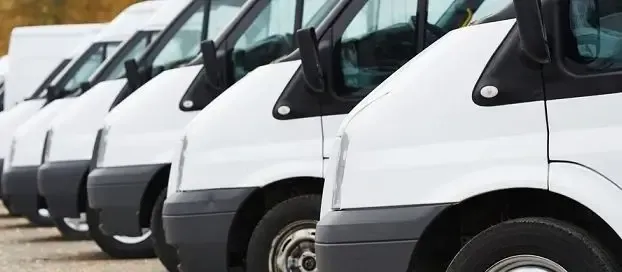
For many small businesses, VAT starts out as a box to tick. It’s something your accountant or accounting software takes care of in the background. But as your business grows, so does the complexity. More suppliers, more customers, more transactions – and more opportunities to make costly mistakes.
Whether you're handling VAT in-house or working with an advisor, understanding the basics (and where things tend to go wrong) can save your business time, money and stress – especially as you expand.
In this guide, we’ll walk through some of the key VAT challenges growing SMEs face, and how a few simple systems and checks can help you stay compliant and in control.
1. Why VAT matters more as you grow
Once your business crosses the £85,000 VAT threshold, you’re required to register for VAT and start charging it on applicable goods and services. You’ll also need to submit regular VAT returns to HMRC and keep digital records as part of Making Tax Digital.
That all sounds manageable, until your operation scales. As you grow, it becomes harder to:
- Track and categorise expenses accurately
- Keep all invoices and receipts organised
- Separate VAT-eligible and non-eligible transactions
- Avoid claiming VAT on non-business or mixed-use costs
And with VAT penalties ranging from interest charges to fines for carelessness, even small mistakes can create big headaches.
2. Common VAT slip-ups for small businesses
Many small businesses make the same mistakes – especially when their team is growing, or they’re managing VAT manually. Here are some of the most common:
Claiming VAT without proper receipts
To reclaim VAT you need a valid VAT invoice, not just a card statement or handwritten note. This becomes trickier when multiple employees are making purchases.
Reclaiming VAT on personal fuel or travel
Unless you use a fuel scale charge or fully separate business from personal use, claiming VAT on mixed-use expenses can soon get messy.
Not applying the correct VAT rate
As your business offers new services or products, it’s easy to accidentally under or overcharge VAT. Some items are zero-rated, while others are standard. But misclassifying them can lead to compliance issues.
Poor record keeping
Spreadsheets, folders and scattered receipts might work early on, but they’re hard to scale. Inconsistent data is one of the main reasons VAT reclaims are challenged or delayed.
3. Building better VAT practices as you scale
The good news? You don’t need a complete financial overhaul to improve how you manage VAT. These small changes can make a big difference:
Digitise your records
Use accounting software that integrates with your bank account and allows for digital upload of invoices. This creates an HMRC-ready paper trail and makes audits much less stressful.
Assign responsibility
As you grow, consider assigning someone in your team to oversee expense categorisation or VAT documentation. Having a single point of accountability helps reduce slip-ups.
Review your reclaim process
Set up internal checks before your quarterly VAT return is submitted. Are all receipts present and valid? Are mixed-use expenses properly accounted for?
Automate where you can
Recurring expenses like subscriptions, fuel, or equipment can be set up to log automatically in your system, saving time and reducing manual error.
4. How fuel cards for business simplify VAT for fuel and travel
Fuel and travel are two of the trickiest areas when it comes to VAT compliance. With employees using different vehicles, paying in different ways, and losing paper receipts, it’s no surprise that VAT reclaims often get messy.
That’s where fuel cards can help.
With a fuel card system in place, you can:
- Receive HMRC-approved digital invoices with all the VAT details included
- Eliminate the need for drivers to collect or store paper receipts
- Clearly separate business fuel from personal spend
- Track spend by vehicle or driver for cleaner reporting
- Reclaim VAT more consistently – and with far less admin
As your team grows and spends more time on the road, fuel cards provide clarity, control, and compliance all in one tool.
5. Preparing for the future
As your SME continues to grow, so will your VAT responsibilities. The sooner you put better systems in place, the easier it will be to scale without losing financial visibility.
That includes:
- Keeping up with HMRC rule changes (especially if you cross thresholds for other taxes)
- Staying compliant with Making Tax Digital
- Building consistent, repeatable finance processes, so you’re not reinventing the wheel each quarter
- Using the right tools to support your team without adding complexity
Small systems, big results
Getting VAT right isn’t just about staying compliant, it’s about protecting your profit, reducing stress, and building a financial foundation that supports growth.
And with the right tools – from digital record keeping to business fuel cards – you can simplify one of the trickiest areas of finance while staying fully in control.


